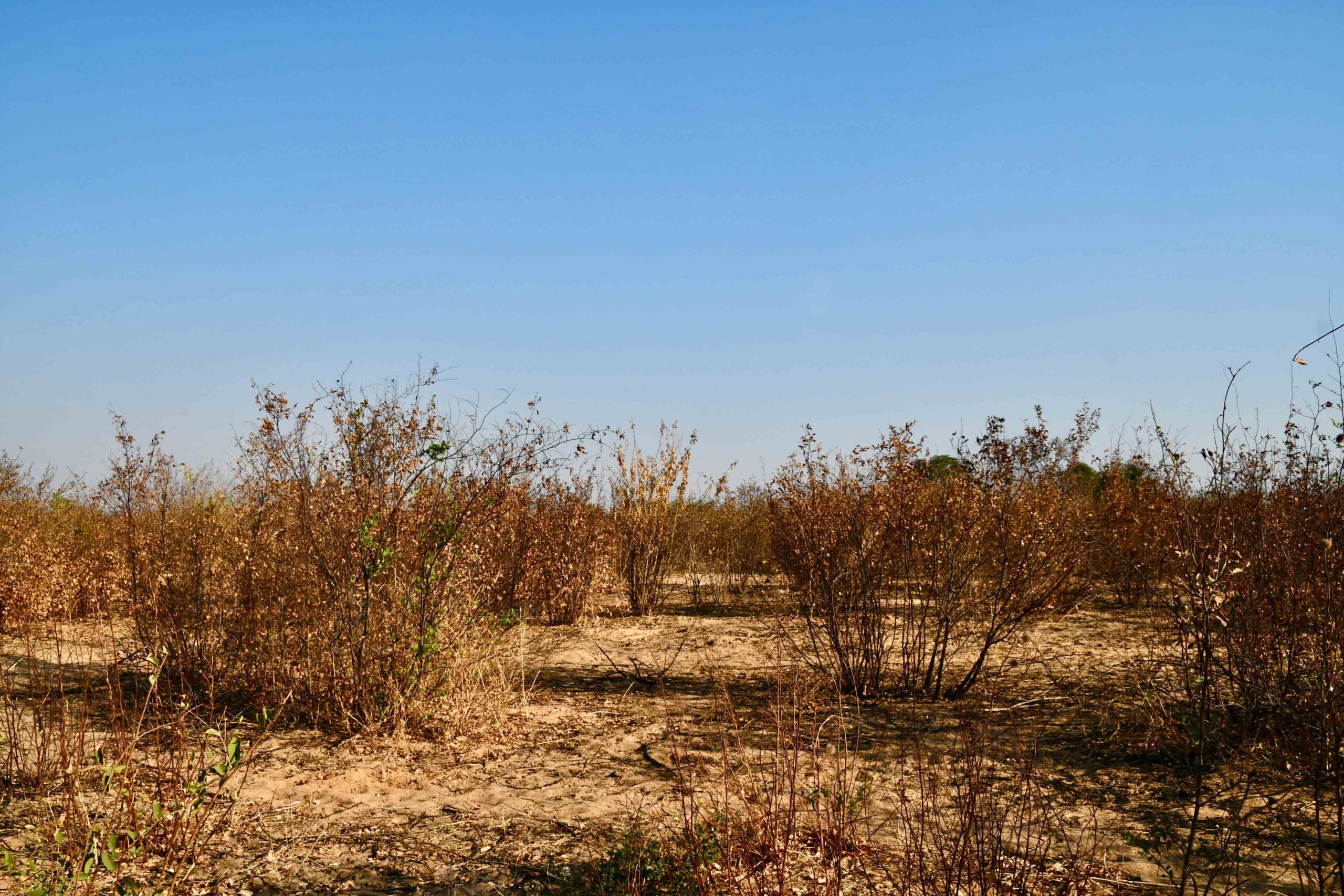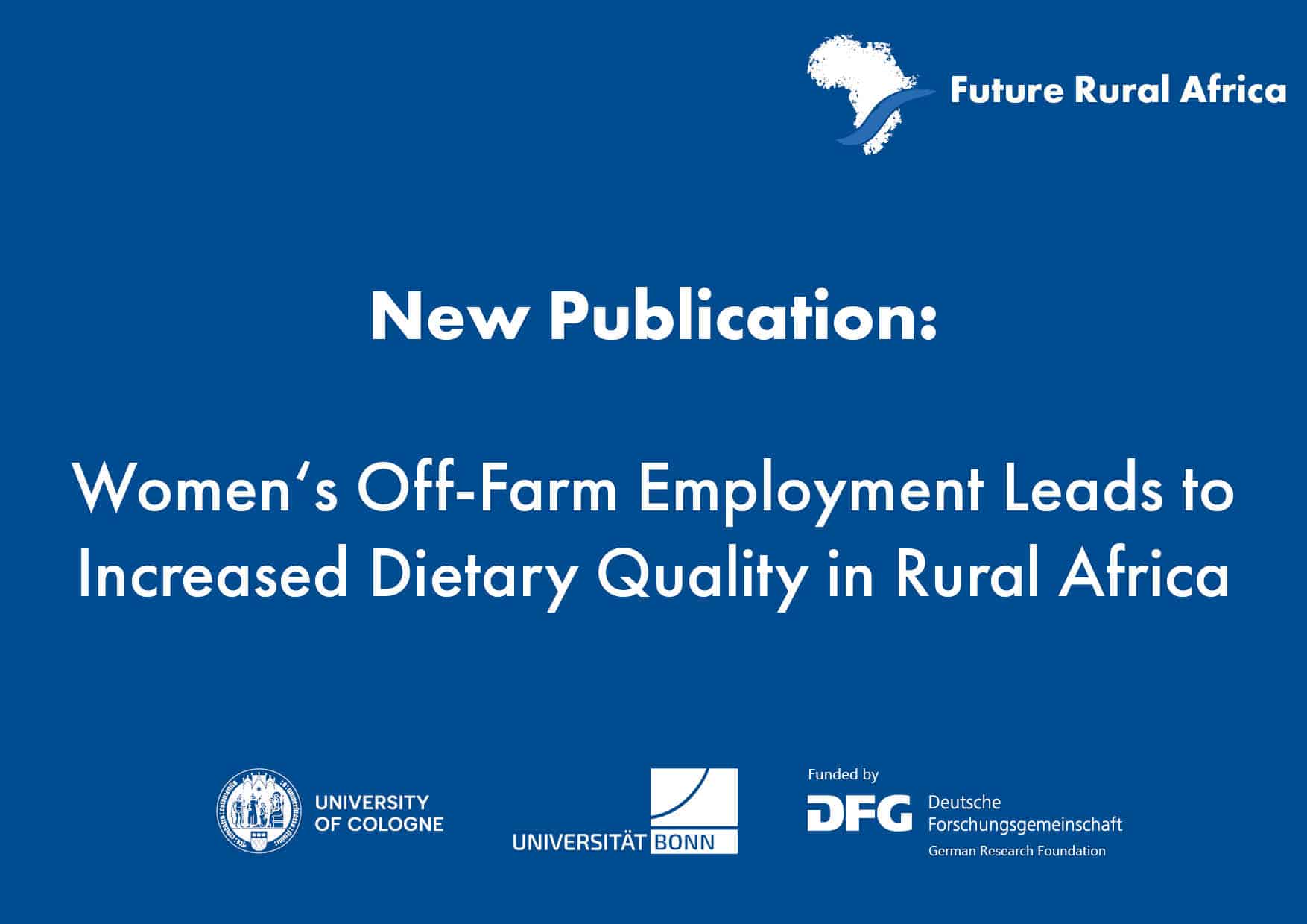Argelander grant funds Covid-19 Research in rural Africa
Dr. Emmanuel Nshakira Rukundo from the Institute of Food and Economic Resources and Dr. Christiane Stephan from the Department of Geography, both at the University of Bonn, are among the 15 recipients of this year’s Argelander grant (University of Bonn) special call towards furthering research on the COVID-19 pandemic. Their research seeks to investigate how African countries are reacting to the shocks caused by the pandemic, focusing on the effects of (mis)information on reinforcing preventive measures and access to other healthcare services and needs in rural and urban Kenya, as well as rural Namibia, Tanzania, and Zambia. The qualitative study led by Dr. Christiane Stephan in collaboration with researchers Dr. Erick Kioko (Kenyatta University, Kenya) and Dr. Mario Schmidt (University of Cologne), addresses a range of challenges faced and strategies developed to deal with social and economic pressures stimulated by the COVID-19 pandemic in different urban settings in Kenya.
A podcast episode discussing the preliminary results of the research findings can be accessed here.
Study on ‘willingness to pay’ for a COVID-19 vaccine
Researchers from the Collaborative Research Center “Future rural Africa” are working with other researchers from the University of Gondar (Ethiopia), Kabale University and Apata Insights (Uganda), University of Bonn (Germany), the University of New South Wales (Australia), Ruhr University Bochum (Germany) and Leiden University (Netherlands) to investigate willingness to pay for a prospective COVID-19 vaccine in Africa.
The research studies the willingness to accept taking the COVID vaccine in five countries in East Africa, namely; Kenya, Uganda, Tanzania, Rwanda, and Ethiopia, and secondly, it assesses the willingness to pay for the vaccine when it is available. The research’s hypotheses would like to test people’s confidence in and endorsement of the health system (Roder-DeWan et al., 2020), and secondly, test whether an individual’s health locus of control (Ross, Ross, Short, & Cataldo, 2015) influences their willingness to pay. Lastly, the researchers would also determine how health status and access to health (facilities) affect willingness to pay.
Research concept developed by: Emmanuel Nshakira-Rukundo, Bisrat Gebrekidan, Stella Settumba, Martin Tabe-Ojong, Essa Chanie Mussa, Nathan Nshakira, Minjung Cho, Jan Börner, Thomas Heckelei.






